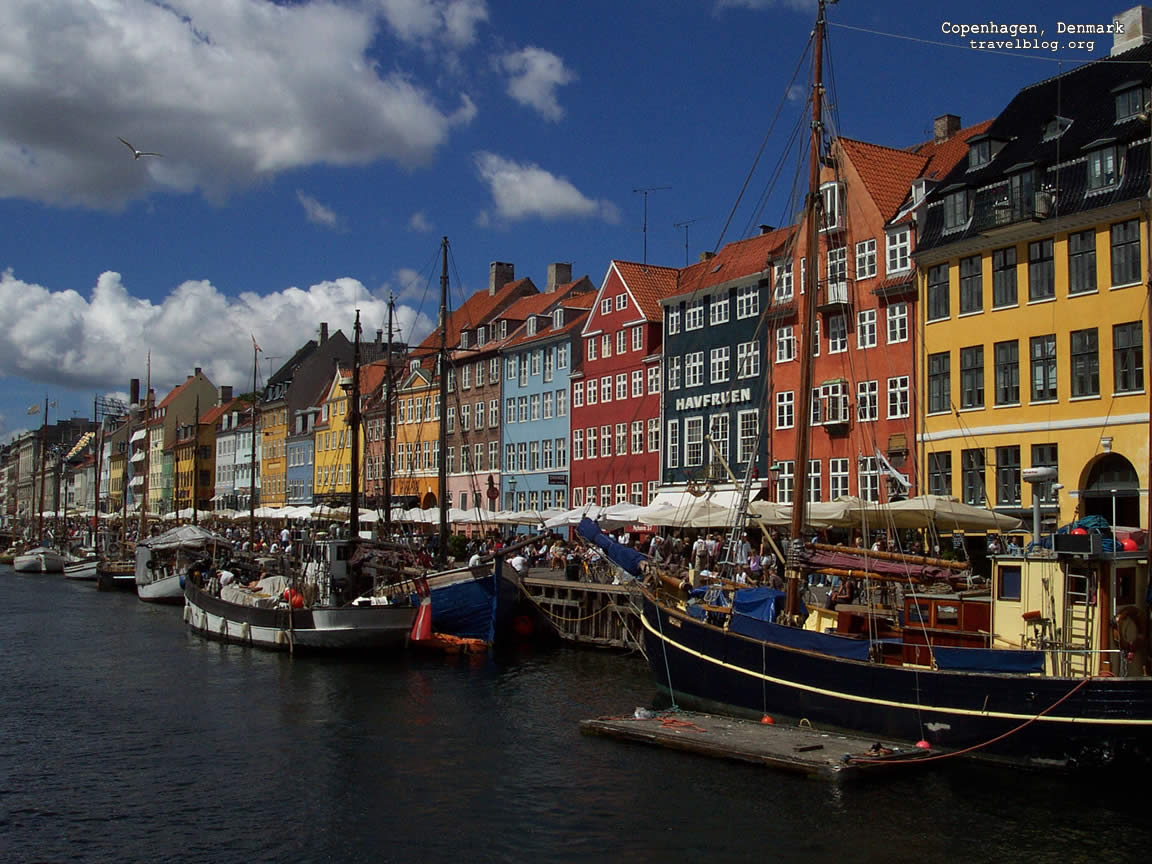October 22, 2009
Counting down to Copenhagen
The Canadian Charger
 Counting down to the UN climate change
conference in Copenhagen, Denmark, December 7-18, The Canadian Charger is covering the issue by offering its readers a
novel interactive online game and special articles.
Counting down to the UN climate change
conference in Copenhagen, Denmark, December 7-18, The Canadian Charger is covering the issue by offering its readers a
novel interactive online game and special articles.
The conference is being billed as the climax of two years of international negotiations over a new global treaty aimed at addressing the causes and consequences of greenhouse-gas emissions.
Between 12,000 and 15,000 delegates are expected to attend.
The process leading to Copenhagen was launched in Bali, December 2007, when all parties agreed on the Bali Action Plan - a two-year process leading to an agreed outcome on climate change action in Copenhagen.
The Copenhagen Summit -the COP15 - is the 15th climate change conference of the COP (conference of the parties) under the auspices of the United Nations Framework Convention on Climate Change (UNFCCC).
At the close of the high level Summit on Climate Change in New York, September 22, UN Secretary- General Ban Ki-moon said climate change is a defining challenge of our time.
“Today’s Summit signals the determination of world leaders to address this challenge and reach a substantive deal in Copenhagen.”
He noted that many leaders spoke passionately and with grave concern of the devastating impacts of climate change their countries are already experiencing, and all of the world leaders supported the urgent need to step up action and raise the financial resources needed to make this happen.
“The message from this Summit is clear,” Secretary-General Ban Ki-moon said. “The Copenhagen deal must be comprehensive, and ensure:
Enhanced action to assist the most vulnerable and the poorest to adapt to the impacts of climate change;
Ambitious emission-reduction targets for industrialized countries;
Nationally appropriate mitigation actions by developing countries with the necessary support;
Significantly scaled-up financial and technological resources; and
An equitable governance structure.”
Nicholas Stern, chair of the Grantham Research Institute on Climate Change and the Environment said a global deal on climate change is urgently needed because concentrations of carbon dioxide and other greenhouse gases in the atmosphere have reached 435 parts per million (ppm) of CO2-equivalent, compared with about 280 ppm before industrialization in the nineteenth century.
“If we continue with business-as-usual emissions from activities such as burning fossil fuels and cutting down forests, concentrations could reach 750 ppm by the end of the century. Should that happen, the probable rise in global average temperature relative to pre-industrial times will be 5 C or more.”
While it' often difficult to discern concrete results from these meetings, Ulla Rasmussen, President, The European Federation for Transport and Environment (T&E) said that while real progress is being made, more needs to be done.
“After years of stagnation in climate policy for transport, there have been a number of important developments over the last twelve months. Notably, policymakers have begun to get to grips with gas guzzling cars, through fuel efficiency standards agreed in Europe and the US. Thus, recognition has grown that if we are ever to tackle the climate crisis, we must tackle transport emissions. But the tide is far from being turned. In particular, international aviation and shipping accounting for nearly 10% of the climate problem have been left unchecked and are growing faster than all other modes. On the road to Copenhagen, it is imperative that close attention is paid to a future strategy for these sectors.”
The Danish government has taken a number of initiatives to increase the focus on the necessity of an international agreement on a reduction in greenhouse gas emissions such as assigning five climate attaches to update on climate-related discussions in New Delhi, Moscow, Washington, Brasilia and Pretoria.
It also initiated The Greenland dialogue in 2005, where government ministers from 20 countries met in Greenland, under the auspices of the UN, to see for themselves some of the consequences of climate change.
Incoming COP15 president, Connie Hedegaard, Danish Minister of Climate and Energy, said politicians, including heads of state must become more actively involved in climate change issues and developed countries need to come forward with specifics on finance, to make the COP15 in Copenhagen a success.
“They cannot continue to talk about finance. They must show – prove – to the developing world, we know we are going to pay, or there will be no agreement. And the sooner the developing countries deliver on finance, the better.”
Meanwhile, rather than getting every small detail of a new global climate treaty done in Copenhagen, UN executive secretary of UNFCCC, Yvo de Boer said he hopes the conference will reach agreements on four political essentials.
“The UN climate conference in Copenhagen may not yield a new global climate treaty with every minor detail in place. But hopefully it will close with agreements on four political essentials, thereby creating a clarity the world – not least the financially struck business world – needs.”
According to executive secretary de Boer, the four essentials calling for an international agreement in Copenhagen are:
1. How much are the industrialized countries willing to reduce their emissions of greenhouse gases?
2. How much are major developing countries such as China and India willing to do to limit the growth of their emissions?
3. How is the help needed by developing countries to engage in reducing their emissions and adapting to the impacts of climate change going to be financed?
4. How is that money going to be managed?
“If Copenhagen can deliver on those four points I’d be happy,” Yvo de Boer said.







